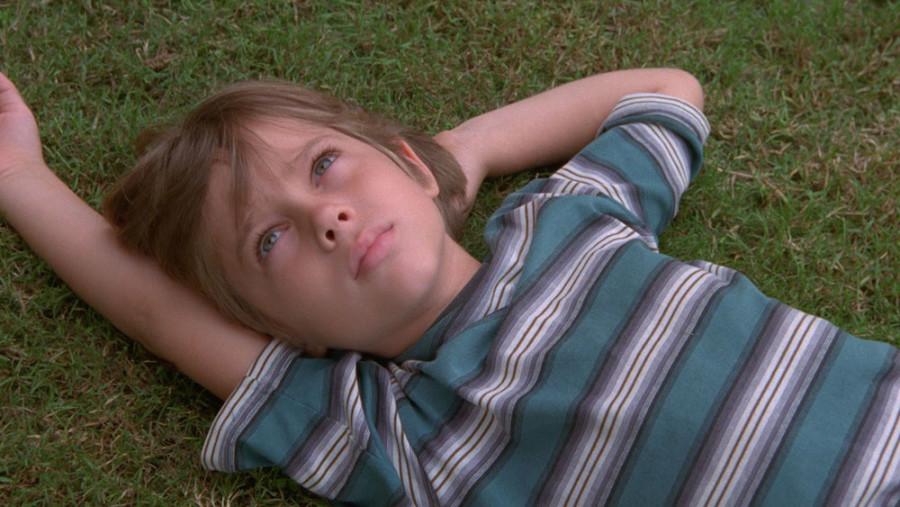Growing up like Mason Evans
I am not a movie critic or a huge fan of the Oscars, but I would feel guilty if I did not try to understand why people did not enjoy one of the Best Picture nominees, Boyhood. I cannot begin to count the number of people who spoiled movies I was eager to watch, therefore, for the sake of hypocrisy, I must warn the audience: spoiler-alert.
Directed by Richard Linklater over the course of twelve years, Boyhood depicts the joys and difficulties of growing up through the eyes of Mason Evans (Ellar Coltrane), a child who experiences several important milestones in his life. Despite all of its Oscar nominations, some people have had the audacity to criticize the movie, claiming it was horrible. Most of the complaints I’ve heard were because Boyhood was “too slow,” the characters “had no objective,” and the plot was “boring.” The movie apparently does not involve the audience, and people seem to have the ridiculous notion that all movies should detach us from our realities and take us to surreal worlds.
Boyhood captured the interest of plenty of viewers and movie critics due to its proximity to reality. I don’t understand how one could claim the movie did not involve the audience, as most of us can relate to Mason’s problems. We see him growing up, dealing with family issues, relationship problems, and attempting to figure out who he is. Most importantly, the movie illustrates the journey every human being takes to adulthood. We start out depending on our parents, and later we free ourselves from this dependency to create our own lives. Linklater could have cast me in Mason’s role, and the plot wouldn’t have been drastically different. Boyhood could have been about any one of us, and that is what makes it so beautiful. The pace of growth of Mason from a boy to a young man is much like the growth we experience, and maybe that’s the message of the movie. Growing up, most of our issues aren’t all that different, and therefore we should be inclined to sympathize with and respect each other. Most people can see themselves and their lives in the movie, which is responsible for both the film’s success and complaints.
Boyhood accompanies Mason until age eighteen, when he is heading off to college. I cannot get over the scene where he’s packing to leave home. His mom is desperately crying, and Mason finds himself looking over objects he’s collected throughout the years. The movie completely captured the anticipated nostalgia I will be suffering from in a few months, as soon as I break free from my parents and try to survive on my own. In fact, the heartfelt movie should have reached out to most people going through this particular transitional phase. Growing up, we feel like we have plenty of time to spare, and Boyhood is a movie just about that: the change society and people experience over the course of twelve years. The movie shows one of the Harry Potter books’ release, as well as the 2008 Obama-Biden campaign, reminding us how much the world has changed. The movie also captures the advancements in technology, as a younger version of Mason is seen with the oldest GameBoy, and later he sports the most recent iPod. As we see the characters aging throughout the movie, we think about how we are prone to change as well.
Come to think of it, there wasn’t really much I could spoil about Boyhood. The movie focuses on problems we all go through, transitional phases we are bound to experience, and identity crises we have suffered from. Boyhood can well be about ourselves. The universality of the movie connects us to Mason and his life, which is an excellent reason to appreciate one this extraordinary movie.

Mike is a first year columnist writer for The Talon. He praises his hair sometimes a little too much and his friends often bug him about his height. None...










